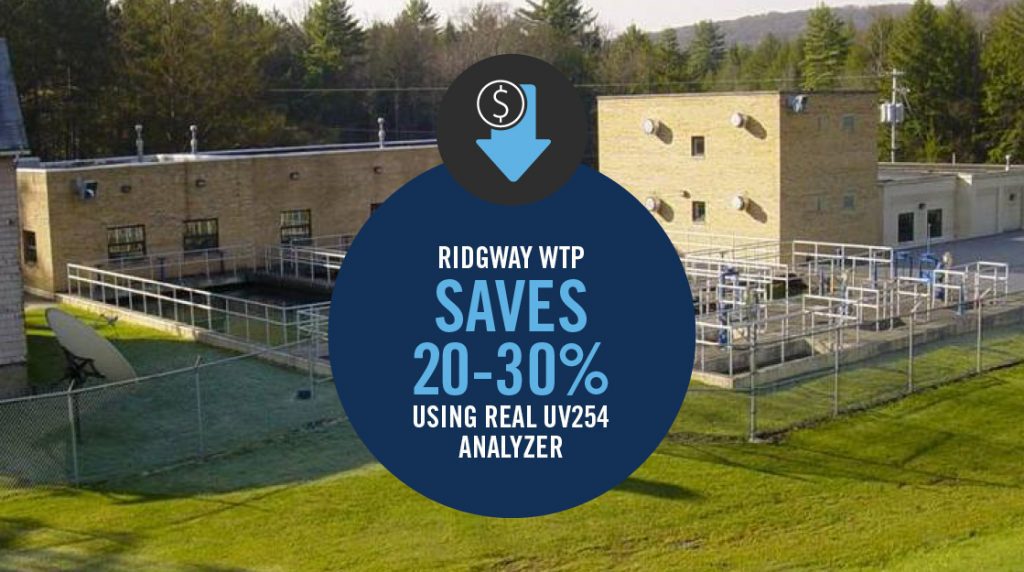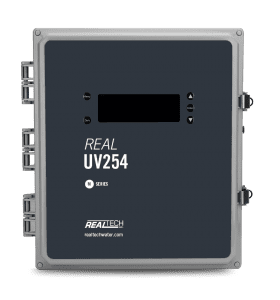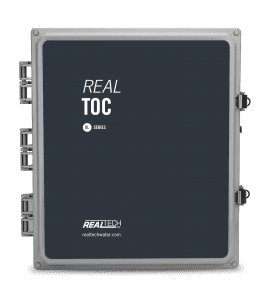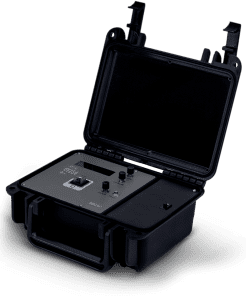Drinking water plants that use surface water or ground water under the influence of surface water are susceptible to high levels of organic matter in the raw water. Reduction of organic matter through coagulation/sedimentation and filtration is important to lower the potential for disinfection by-product formation (DBP) and limit operational problems. In addition, organics in water consume the polymers used for the coagulation process, which reduces the efficiency of the treatment. Therefore, optimization of the polymer dosing heavily depends on the concentration of organics.

GAIN THE INFORMATION YOU NEED:
Monitoring organics in real-time allows chemical dose to be controlled in response to current water quality conditions, decreasing the potential for under or over dosing.
• Cost savings from reduced chemical waste, decreased sludge production and disposal costs
• Lower potential for DBP formation by effectively removing reactive organics
• Improving water quality for upstream treatment processes



